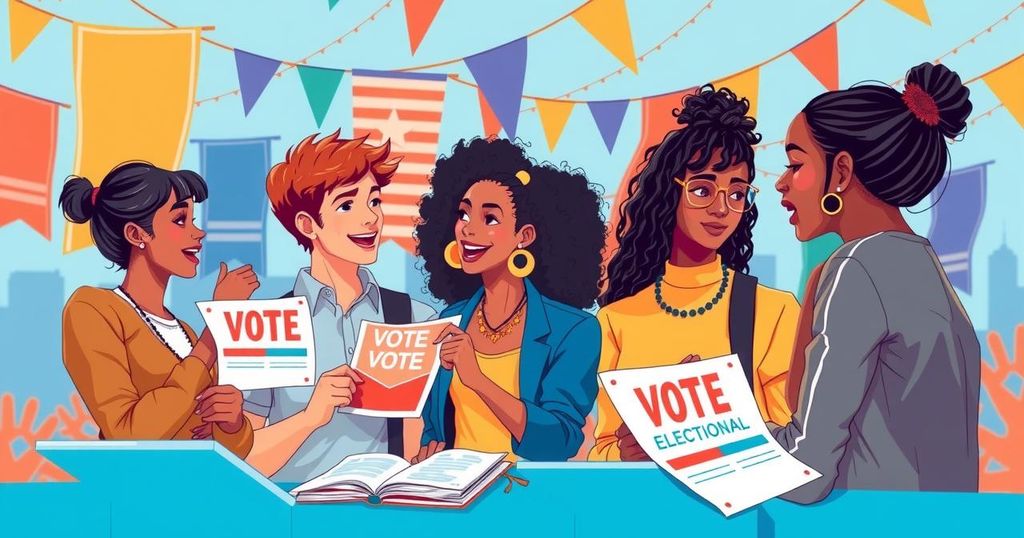Young Population Believes BNP Will Win Majority of Votes in National Elections

- Young voters in Bangladesh predict BNP to win with 39% of votes.
- Survey indicates Jamaat-e-Islami will receive about 21% of votes.
- NCP’s anticipated support stands at around 16% according to survey results.
- A majority of young respondents express optimism about free and fair elections.
- 76.78% of surveyed youth intend to vote in the upcoming election.
Survey Reveals Young Bangladeshi Voter Sentiments Ahead of Elections
The latest survey conducted by the South Asian Network on Economic Modeling (Sanem) highlights a significant sentiment among young voters in Bangladesh regarding the expected outcomes of the upcoming national elections. According to the findings, a notable 38.76% of participants believe that the Bangladesh Nationalist Party (BNP) is poised to secure the majority of votes. This polling data, which reflects the opinions of youth, suggests a critical shift in the political mood, potentially reshaping the dynamics of the forthcoming election. Additionally, Jamaat-e-Islami is projected to garner roughly 21.45% of the votes, while the National Citizen Party (NCP) is anticipated to receive about 15.84%, showing that younger voters are actively engaging with political developments.
Political Landscape Shows Potential Alliances and Challenges
Interestingly, the survey indicates that if the NCP, Jamaat, and other Islamist parties were to unite in an electoral alliance, they could pose a substantial challenge to the BNP’s expected dominance. The data also points to the ousted Awami League potentially receiving 15.02% of votes were they allowed to participate, despite the government’s ban on their political activities since May 2025. This nuanced political landscape has raised questions about the true level of support for the Awami League and whether their absence from the election will shift voting patterns. Furthermore, the survey also finds that a meager 3.77% might lean towards the Jatiyo Party, with 0.57% of respondents siding with other political entities.
Young Voters Display Optimism and Intentions to Vote
On another note, the survey highlighted the optimism levels among respondents regarding the integrity of the upcoming elections, with around 40.89% stating that they are moderately optimistic about free and fair elections. Among those surveyed, 27.91% expressed very optimistic views, while 11.93% felt fully optimistic. Conversely, a smaller fraction of 6.04% indicated a lack of optimism. Notably, the political engagement of this youth demographic appears strong; with 76.78% affirming their intention to vote. However, a segment of 4.14% doesn’t plan to participate, while 5.09% remain undecided. Interestingly, 13.98% reported they are ineligible to vote, raising concerns about youth political participation.
In conclusion, the Sanem survey underscores a pivotal moment in Bangladesh’s political arena, especially among its youth. The apparent majority support for the BNP, along with the potential challenges posed by emergent parties, signals a dynamic electoral environment. As the youth express optimism about the upcoming elections, the political landscape may well experience transformative shifts that could redefine Bangladesh’s governance going forward.








